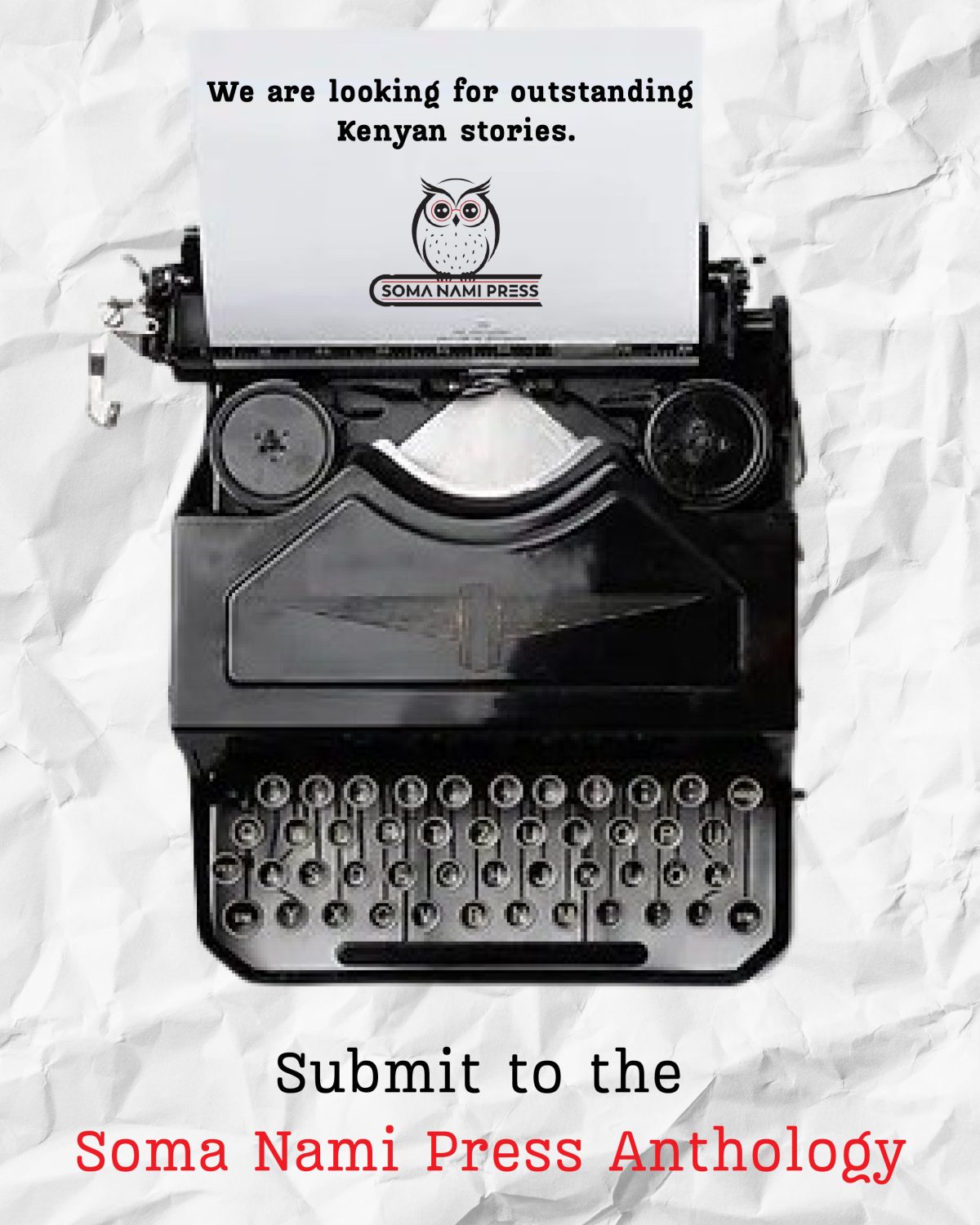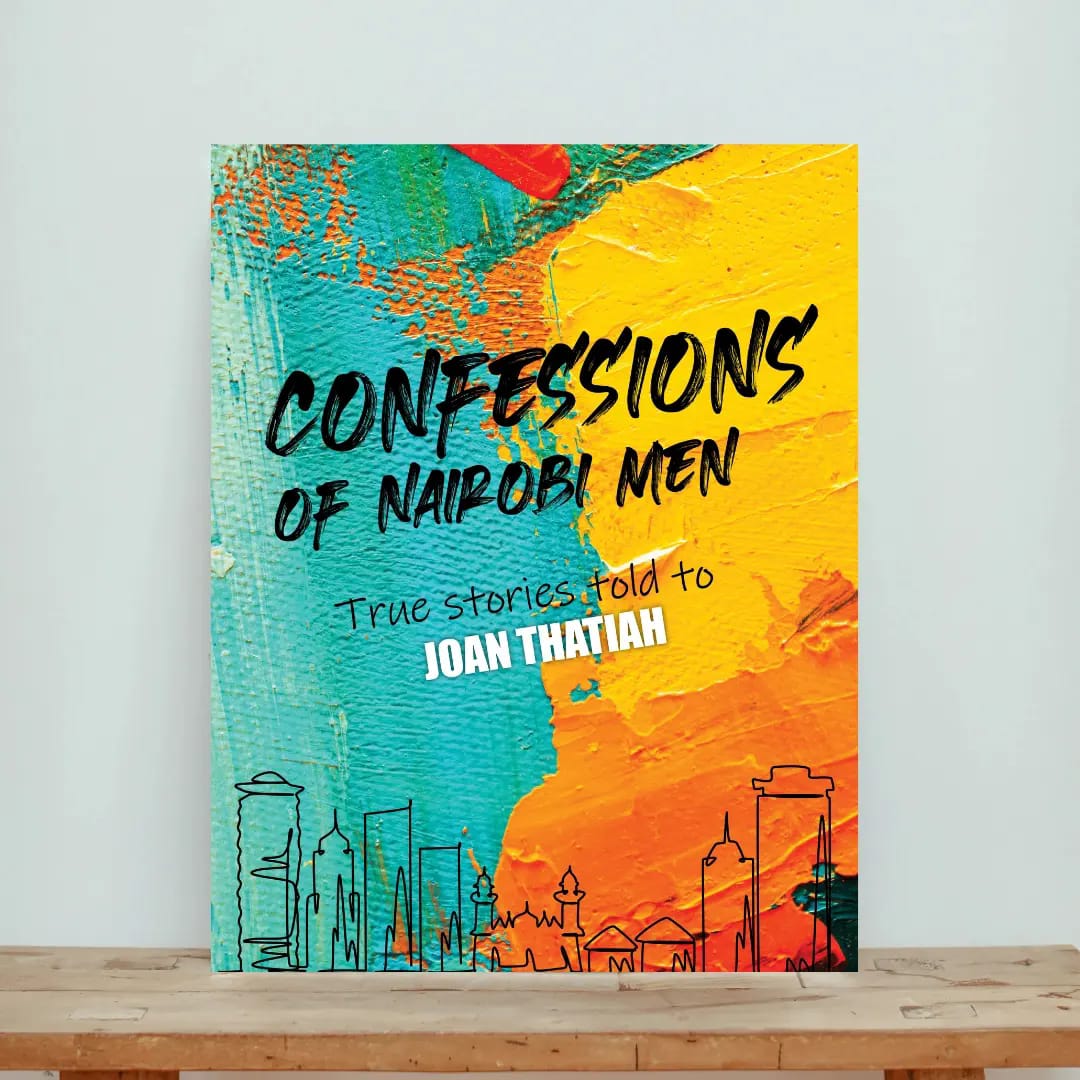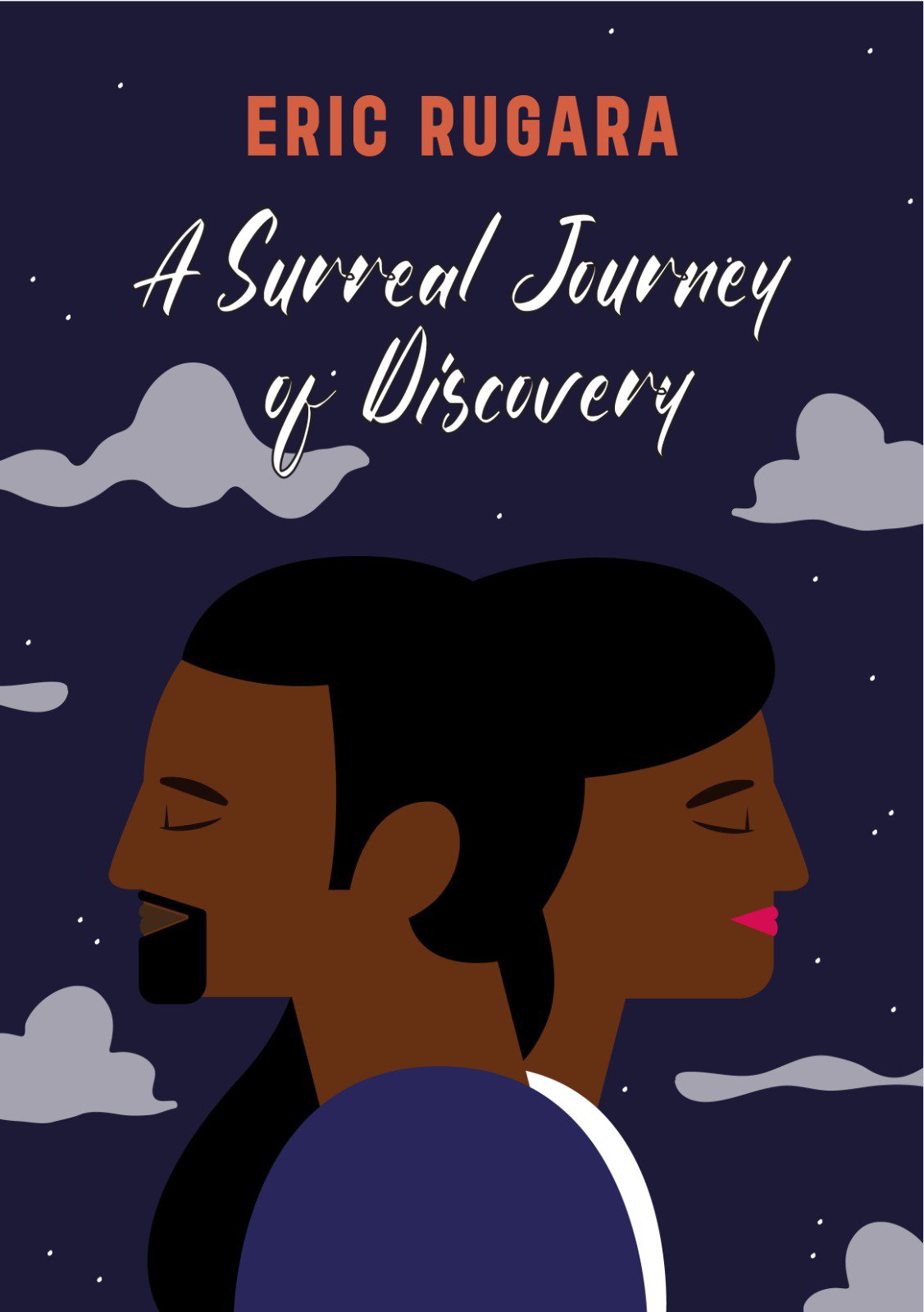TITLE: A Surreal Journey of Discovery
AUTHOR: Eric Rugara
REVIWER: Simiyu Barasa
AVAILABILITY: Nuria Bookstore
Loss. Not your usual ways of the way stories of loss are written, but the deeper thoughts that assail us when we are alone and we go through losses of loved ones, of loved things, of loved times, of great sex. How loss can be beautiful and still be sweet in its pain that we keep living through it, deformed in our souls but outwardly taking steps towards more losses. That is the overriding journey that Eric Rugara takes you through in his short stories collection, A Surreal Journey of Discovery right from the first story of the loss of his pet bird as a child all through to the loss of the fear of writing in his rather masturbatory nod to self in the story at the end that gives the collection its title.
A fine reading that is unusual in most of the Kenyan writings that one comes across, Rugara oscillates between reality, laying bare the dreamy thoughts in one’s head (that we all have learnt to camouflage for it is all not very normal to speak our unfiltered imaginative brains), and rapidly moves into magical worlds of dreams, ghosts, android filled earth, dystopian end world visions, as well as re-imagination of dreams. From the regular ‘everyone can relate to’ losses of a pet (bird, Bob’s cat Asha), to girlfriends of our desires like Mona who come with their doses of madness when one gets to know them, to the market woman who loses her son in riots, loss of sounds like cricket sounds, thoughts and desires, Rugara skilfully weaves tales that are as exciting as they are intriguing. You can feel the loss, see your own loss, and yet from these strange losses you realise a new beauty comes with it: Life changes. You smile and live on, but you are affected.
Maybe because alcohol and sex are the most common run away to whenever we experience loss and seek happiness, is the reason that makes the stories heavily peppered with bars, casual sex and escapades of thrills as the characters seek to fill the voids. But just like in real life, these escapades are full of momentary gap filling, yet create more emptiness and the rush to plug the real emptiness of unrequited love and sense of loss.
The unrequited love which we all have experienced are visible in among others Mona, in Janice’s friend Mary. Some of it is thrilling in its illicitness, like the high-octane desires between Tanui and Vivian whose fuel is that she is married, and whose fire retardant is the same fact that she is married. Such risky loves end in losses, we all know, deaths at the hands of others or self. The kind of lusts that burn with physical desire but Rugara elevates them such that they can only be consummated in synchronized dreams like Laura’s, which surreally tiptoe back and impact on the real life in weird ways. Love making with ghosts, and with self in another world, with mythological figures. Yet even in these, the loss from rejections and failures are made up for with a frenzy of sex with other real life women mostly picked from bars, only to lead to more emptiness and loneliness and a burning desire that can only be filled by another attempt at the target, prized, elusive love – be it ghosts, imaginations, android figures, or dystopian last humans on earth mutants. Yet once one gains it, death embraces. And loss of self.
It is in the segueing of the normal to the paranormal that Rugara shines as a writer. A wonderful one at that, especially for those who spend a lot of time in their own thoughts and wonder if it is normal to have such thoughts. Very simply written, but the verisimilitude styles with their free flow of self-consciousness that break the boundary and leap into crazy imagination reminds one of Zimbabwe’s Dambudzo Marechera’s wild thoughts in House of Hunger. The power of his character’s physical traits that somehow gain surreal powers in another world which cyclically totters between gain and loss in the here and now vibrates as is in the Kenyan Idza Luhumyo’s 2022 Caine Prize winning short story Five Years Next Sunday. His Ordinary Lives that is told from the Point of view of a Hundred Shillings Note gives echoes of Alice Hatcher’s prize winning ‘The Wonder that was Ours’ written from the Point of View of a cockroach.
Delving into the unconscious mind; the juxtapositions of opposites like life and death, sweetness and sorrow; complete with dreams and fantasies rooted in real world issues that trigger them including a (covid anyone?) virus attack, Rugara’s short story collection is a slow burn: It starts off with some rather not so exceptional stories rooted in real life kind of narratives but quarter way through fully takes off when his imagination runs wild into fantastical, irrational kind of realms. He is at his best when oscillating between reality and sci-fi (some Japanese accented speaking robots in The Making of a Terrorist), mythology, a dystopian world where water is a currency for sex at the pain of death in ‘For a Drink of Water’, ghosts like Waitherero, and surrealism. You will not forget the priest who doesn’t believe in God anymore but still carries his rosary, or the soldier who has no bullets for his gun but still cannot leave it behind. We often do refuse to not let go of the most useless things in our lives, maybe because their loss would be too overwhelming in a world where uselessness it the only useful thing around.
Perhaps not trusting his readers enough, Rugara kind of spoils it in some sections with over-explanations or pre-emptive narrative explanations as to what is going on or is going to happen with where he is going especially in the first few paragraphs of each story. Yet, he also gets very skimpy in giving the narrative world descriptions of tiny details to build his worlds, rushing rather blandly to the ‘this is where I am going’ speeds and you are left without texture, touches, smells, colours, and all those tiny nitty gritties. In the existentialism kind of world the stories populate, we are just speeded along with words. No pauses to imbibe the tiny details. He has the mind of Marechera, the storytelling art of Idza, the playful introspectiveness and imagination of Hatcher, but falls a little short on the craft of welding a formidable story. For non-Kenyans, there are quite a number of instances where one would struggle to understand what boda boda, madondo, mitungis, gunias, etc are as they are mentioned and no creative ways to explain them. The majority of the characters in the diverse stories also kind of speak the same to just pass the message across. There are no idiosyncrasies either of actions or dialogue that differentiates a lot of them. Infact, they all are Monas in different genders and situations: All well read, whose favourite hobbies include dropping quotes of philosophical proportions and namedropping Socrates, Stockholm Syndrome etc in explanatory diversions. They love mentioning literary world figures etc maybe as a way of the writer paying homage to other authors. Hence we have thugs who can quote Jack Zollo and Millie (an ode to John Kiriamiti ‘My Life in Crime’?) etc.
In one of the more intriguing stories, Chep asks Elias her lover,”Why can’t you let me go?” to which he replies, “I can’t” and yet they , and we the readers, both know it would be the best loss for more would be gained, or else a bigger loss would come if the situation continues as it is. One feels if Rugara gets braver in his subsequent works, letting his imagination go even freer and embrace more craft in his moulding the stories, he would be more than just the wonderful writer he is. He’d be astounding.
Definitely, this is a book every lover of stories should have.



